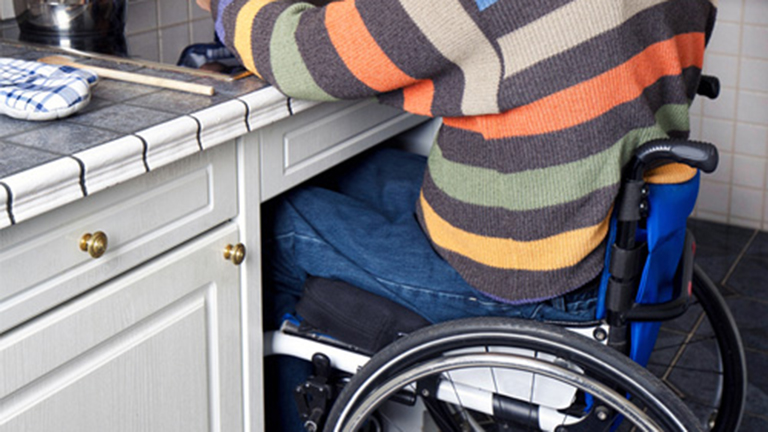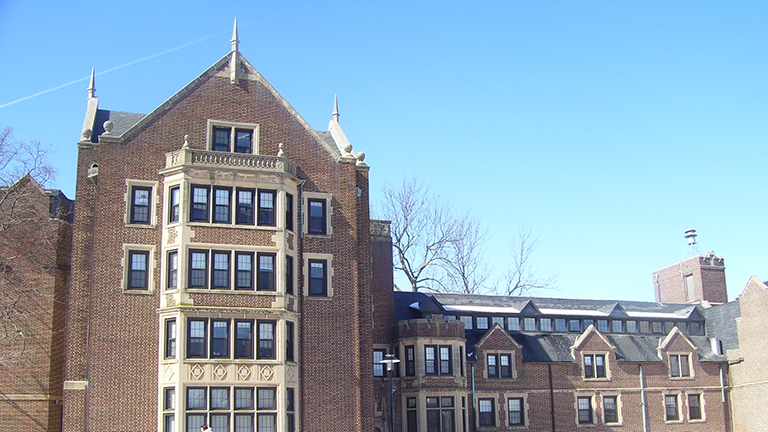Renter’s guide: disabled renters’ rights under the FHAA?
Since 1990, the Americans with Disabilities Act (ADA) has led the government and the public sector to develop sensible non-discrimination policies in support of those living with disabilities. As a result, schools, public transportation, and the employment landscape in the U.S. have benefited.
However, the ADA’s influence is limited to the public sector, and therefore does not expand to many private residences. Thus for renters living with disabilities, this may cause concern.
Fortunately, the Fair Housing Amendments Act (FHAA) provides reasonable accommodation procedures and non-discrimination guidelines to benefit private property owners and renters.
Who Is Protected Under The FHAA?
The FHAA protects families with children and anyone living with a “handicapping condition.” According to Unitedspinal.org’s online pamphlet “Understanding the Fair Housing Amendment Act”, the FHAA incorporates the definition for handicapping conditions from Section 504 of the 1973 Rehabilitation Act, which includes:
Any person who actually has a physical or mental impairment, has a record of having such an impairment, or is regarded as having such an impairment that substantially limits one or more major life activities such as hearing, seeing, speaking, breathing, performing manual tasks, walking, caring for oneself, learning or working.
Where Is The FHAA Applicable?
The FHAA affects any unit that is used or designed as a residence, regardless of how its construction was funded. This includes stand-alone homes and condominiums, as well as empty properties sold for residential use.
You Might Also Be Interested In:
- 6 Overlooked but Readily Achievable ADA Compliances
- How to Incite Accessibility Change
- 5 Ways to Promote Accessibility and Inclusion in the Workplace
How Does The FHAA Define Reasonable Accommodations?
FHAA requires two types of reasonable accommodations to make existing housing more accessible to persons with disabilities: structural modifications and policy changes.
Structural Modifications
Under the FHAA, it is unlawful for a landlord to deny a tenant permission to make physical modifications to a property at their own expense, provided that the modifications are necessary to enable full-use and enjoyment of the premises. In addition, a landlord cannot increase the security deposit for a tenant living with disabilities to account for the tenant’s potential modifications. However, a landlord can require the tenant to restore a property to its prior condition before the tenant vacates the property. As such, a landlord may require that a tenant make payments into an interest-bearing escrow account designated for funding the restoration. Any interest accrued and money left over from the restoration should return to the tenant. Incidentally, these provisions extend to all public locations on the premises as well, such as lobbies and laundry rooms.
Furthermore, the FHAA enables a landlord to request that a tenant provide assurance that any work will be done professionally and that all required permits are obtained.
Policy Changes
Similar to the ADA provisions, the FHAA provides guidelines for reasonable changes to policies and practices in order to enable unrestricted use and enjoyment of a residence for those with disabilities. For example, a landlord may have to make an exception to a no-pet policy and allow a blind tenant to have a guide dog.
Looking for an accessibility solution? Find them Here:
How Is The FHAA Enforced?
The U.S. Housing and Urban Development (HUD) department, which oversees the FHAA and is accountable for evaluating filed complaints, has no independent method for enforcing the FHAA; rather, the responsibility falls to individual citizens to voice concerns and file complaints with the HUD.
See the HUD’s website for information about how to file an official complaint.
Learn More
For more information about accessibility rights and accessible modifications, visit Ascension-lift.com and Unitedspinal.org.



